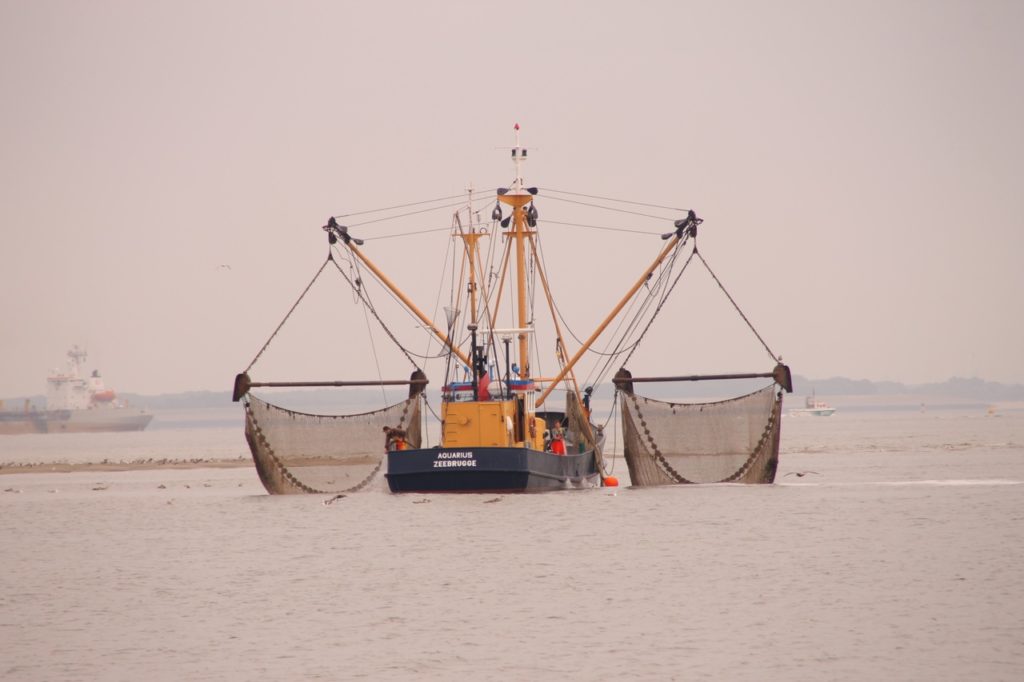A special privilege granted by Charles II to Flemish fishermen may not be enough to protect the industry from the effects of Brexit, according to a law professor.
The document – the Privilegie der Visscherie or Fisheries Privilege – was signed by the English king in 1666, in recognition of the welcome he had received from the city of Bruges while staying there in exile after his father, Charles I, was deposed and executed.
As a token of his gratitude, Charles granted 50 of the city’s fishing boats the right in perpetuity to fish in English waters.
At that time, the thrones of England and Scotland were not yet united. And Bruges was still a thriving port, before the approach to the sea silted up and forced shipping to Zeebrugge – a name that means simply ‘Bruges-on-Sea’.
Back to the present, where the clock is ticking on the chances of an agreement between what is now the United Kingdom and the European Union, once the UK leaves the EU on December 31. And one of the main sticking points is fisheries policy, and access by EU fishing boats to British waters.
Eddy Somers is emeritus professor of the law of the sea at the university of Ghent, and president of the Royal Marine Academy. And he has serious doubts about the usefulness of the Privilege.
Firstly, he points out, the Privilege is a unilateral declaration by the king of one part of the UK, and not a treaty in the meaning laid down by the 1969 Treaty of Vienna, to which Belgium and the UK are both signatories. As such, it cannot be legally enforced.
Secondly, the Privilege is in breach of the United Nations Convention on the Law of the Sea from 1982, which grants all member states exclusive rights over an area of 200 miles (322km) from their coastline.
The discussion over the Privilege, Prof Somers told the VRT, is an amusing academic puzzle, but not an instrument of policy.
“It would be much better to invest our energy in a strong negotiating position towards the British within a European context,” he said. “After all, fisheries is a competence of the EU and not of the Member States, let alone the regions.”
Alan Hope
The Brussels Times

